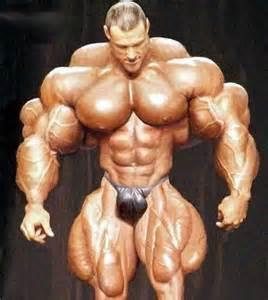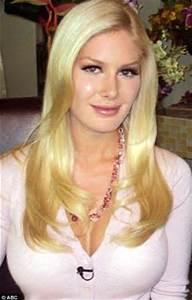I think it's a subject that is really relevant to a lot us suffering from eating disorders
I got the following information from Mind.Org
What is body dysmorphic disorder (BDD)?
Body dysmorphic disorder (BDD) is an anxiety disorder related to body image. If you have BDD, you experience concerns about your appearance that cause you significant anxiety and have a disruptive effect on your life. You may also develop routines and habits, such as excessive use of mirrors or picking your skin, to deal with the worries you have about the way you look. These habits usually have a significant impact on your ability to carry on with your day-to-day life.I see myself as completely disfigured and I am constantly trying to convince people of this.It may also cause other problems such as:- feelings of shame, guilt and loneliness
- isolating yourself to avoid situations that cause you anxiety or discomfort
- depression or anxiety
- misuse of alcohol or other drugs
- self-harm
- suicidal thoughts.
What are the common signs of BDD?
If you have BDD, you have obsessions that cause you significant anxiety and may also develop compulsive behaviours, or routines, to deal with this. In this way, BDD is closely related to obsessive-compulsive disorder (OCD). (See Understanding OCD.)Although everyone has their own experience of BDD, there are some common signs.Obsessive worries about the body
If you have BDD, you will often spend several hours a day thinking negatively about your appearance. You may be concerned about one specific area of the body or you may be worried about several different areas.Common areas of anxiety include:- facial features, such as the nose, eyes, hair, chin, skin or lips
- particular areas of the body, such as the breasts or genitals
- feeling that your body is unbalanced or lacking symmetry
- feeling that one of your features is out of proportion to the rest of the body
- feeling too fat or too skinny.
Common compulsive behaviours
You may also develop compulsive behaviours and routines to deal with the anxiety you feel about your appearance.Common compulsive behaviours include:
- using heavy make-up when out in public
- brushing or styling hair obsessively
- obsessively checking your appearance in mirrors or avoiding them completely
- changing your posture or wearing heavy clothes to disguise your shape
- seeking constant reassurance about your appearance
- checking yourself regularly by feeling your skin with your fingers, particularly around areas you dislike the appearance of
- picking your skin to make it smooth
- constantly comparing yourself with models in magazines or people in the street
- seeking cosmetic surgery or having other types of medical treatment to change the area of concern.
But I can see myself in a more realistic light in photos
Do you find that?
Where as girls seem to want to be smaller
Men seem to want to be bigger
Muscles are attractive to men and the bigger the better
I remember Mary showing me a presentation on BDD
She showed me a picture similar to this one

I think it's just as shocking as seeing a picture of a very underweight person
I think as eating disordered sufferers we see the world and ourselves a little bit differently
We seem to be more sensitive
We tend to be perfectionists
We are harder on ourselves
We judge ourselves more harshly
And that includes our bodies
I was chatting to my neighbor this morning
She knows about my ED
She asked me how I was
We were just passing the time of day
Then she said 'You look really well'
This sounds like an innocent comment
And anyone else would probably love to hear that they look well
But not me
I interpreted 'looking well' as 'You've gained weight'
And I interpret 'You've gained weight' as 'You look fat'
So in my mind she has just insulted me
Only someone with an ED could make this connection
We live in an image obsessed society
We are the generation that posts every little thing on Facebook and Instagram
It's hard not be self concious
It's hard not to compare ourselves to others
All too often our self image in interlinked with our body image
And that shouldn't be
Our bodies are just a shell
A vessel to hold what we are really all about
Our personalities
All the little quirks and foibles that make us who we are
BDD can take over our lives
I know that my own body image has stopped me from leaving the house many times
I look in the mirror and hate what I see
A flabby tummy
Tree trunk thighs
An old face
Dry, straw like hair
But if I asked you what you see when you look at me, you would probably see something different
We zone in on what we think are the negative parts of us
And that becomes so big in our heads that we can't see the positive
So many people turn to plastic surgery to solve body image problems
We see people like Heidi Montag from The Hillsw who had 10 plastic surgery operations in one day
She became like a caricature of herself

Before

After
but rather than change our bodies to resolve this problem, I think the real work is done on the inside
Changing our perceptions of ourselves
Seeing ourselves as a whole rather than just a body or a face
I know that I have a lot of work to do in this area
I am far too hard on myself
I was wondering about you
Do you have BDD?
What have you done to try and change your body or your face?
Did it help?
What do you think can be done to help people with BDD?
